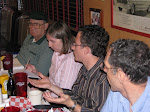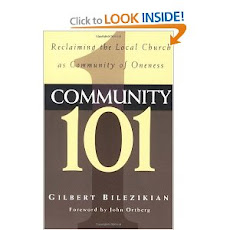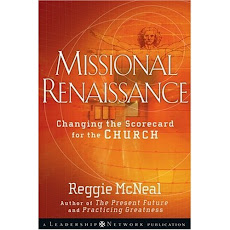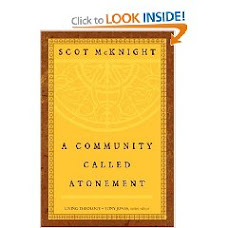There's no
escaping it. Part of having an emerging church conversation is to critique the
status quo of "traditional" church and denominational doctrines.
There are a few problems with this. Sometimes we get so bogged down in the
critique that we have little energy left to imagine and practice the
alternatives. And sometimes, to be frank, those invested in maintaining the
status quo, often with the best of intentions, accuse us of
"arrogance" (or worse) for assuming we know better.
It doesn't
do much good to point to reformers in history who critiqued the status quo
(Luther, MLK, Jesus, the prophets), because then you're accused of arrogantly
comparing yourself to them. However, there is also no escaping the fact that
without critique, nothing changes. Progress in the church, and human
development in general, starts when someone questions the present state of
affairs. Sometimes we all benefit when we all reexamine where we are.
In her
book, The Great Emergence, Phyllis
Tickle points out that we do all have a role, even if we disagree. Some model
new expressions of church, and explore the contours of our faith outside of
traditional structures and mind-sets. Some advocate for change within existing institutions. And
some carry on and are content within the existing structures, and help keep the
rest of us honest. All add value to the process of change.
Finally, there are those of us who can, with the best of motives, come across as arrogant cynics. Andrew Byers points us toward a great remedy. “Disgust with an institution is not the same as love for a community...Since disillusionment is illumination — the (often painful) dispersal of illusion — cynics have much to offer the church if they can do so in love and in the direction of hope and praise..."
When Jesus
rebuked the Pharisees and Sadducees, when he wept over Jerusalem, he always
did so from a posture of deep love for his community. As we sense our
disillusionment, or contentment, and agitate for change or to preserve, I pray
that I and all of us will always do so in the way of Jesus.













